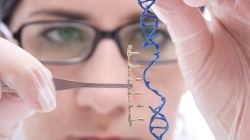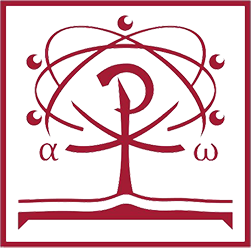Human Genome Editing

The scope of human genome editing is steadily expanding at a fast pace. It promises to change our way of looking at the future with respect to science and the development of new therapies, not to mention the inevitable ethical and social consequences of such powerful techniques. The ability to induce precise changes in plants, animals, and human DNA, in fact, opens the way not only to extraordinary possibilities but also to unexpected and sometimes troubling hypothetical scenarios. The potential applications to human health are surely important—including, for example, in connection with the balance of the ecosystem or food production—but the underlying risks can certainly not be underestimated.
For this reason, any application of this technique must be carefully evaluated with regard to the method used and with consideration of the scientific as well as the social consequences. Furthermore, it is necessary to reflect particularly on the application of this technique to the human germinal line, as it would make it possible to “design” a human being, eliminating defects or favoring specific characteristics, and would consequently produce hereditary alterations in the human population.
Given the urgency and centrality of these issues in relation to human life, the Pontifical Academy for Life has launched a study section on human genome editing in order to promote constant supervision and evaluation of these techniques, involving, first, the creators and leading scientists engaged in the use of the Crispr / Cas9 technique. The Crispr—this is the acronym for clustered regularly interspaced short palindromic repeats—is the technique for modifying one or more genes present in a cell DNA by means of Cas9, on which the greatest expectations of gene editing are focused.
The aim is to highlight the ethical aspects of research and its application, while trying to identify appropriate ethical paths for development, in line with the respect for and promotion of human dignity.


